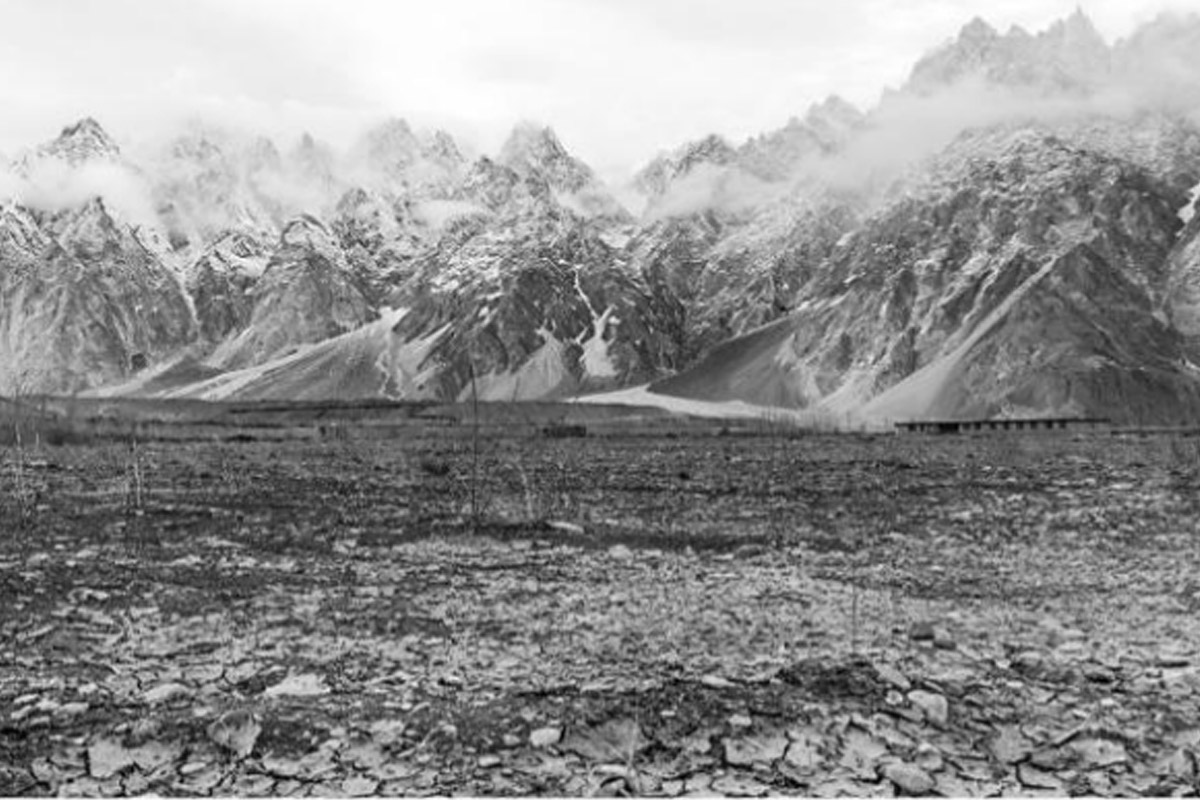On Thursday, the International Centre for Integrated Mountain Development (ICIMOD), UN Women, and the UN Environment Programme (UNEP) released a report on the ‘State of gender equality and climate change in South Asia and the Hindu Kush Himalayan Region.’
Advocating the need for gender-responsive climate policies and programmes, the report comprehensively analyses the gender dimensions of climate change in three key climate-affected sectors of agriculture, water, and energy in ten countries—Afghanistan, Bangladesh, Bhutan, China, India, the Maldives, Myanmar, Nepal, Pakistan, and Sri Lanka—in South Asia and the Hindu Kush Himalaya (HKH).
Advertisement
According to the report, there is a cyclical relation between the causes and consequences of climate vulnerability: whereby food insecurity, poverty, and social and gender inequalities are worsened by climate change, which are also the root causes.
“Climate change impacts everyone but given the lack of adaptation capacity and existing vulnerabilities, it triggers worse impacts on women even more,” says Shobha Poudel, climate change and agriculture expert at Policy Research Institute.
With about 40 percent of all global climate-related disasters occurring in South Asia and the HKH, the report has found that there are gendered differences in the severity of climate change impacts and the ability to adapt. Women and girls are more vulnerable to climate change and its impacts, and their adaptive capacities are limited.
Additionally, climate change is further widening the gender gap and aggravating existing social inequalities due to women’s inadequate access to and control over productive resources, and their limited mobility and voice in decision making, says the report.
Take the agricultural sector, for example. Women’s needs have been largely ignored at the policy level in the agricultural sector.
In the agriculture sector, which is the most informalised sector in the country (97 percent of agricultural workers are engaged informally), women workers occupy the majority of informal employment.
But their needs aren’t addressed in the budget or local policies, where women have decried the policies saying ‘this isn’t for women, this is only for the rich’.
“With outmigration of men, women are the ones who are left behind to work in the fields, leading to feminisation of agricultural labour. With more climate change impacts, agriculture is hit directly and women are the ones who are affected even more,” says Poudel.
Despite the countries having several laws and policies in place that promote gender equality and social inclusion, implementation of the policies and laws is lacking.
Additionally, most policy documents lack explicit provisions for addressing the specific vulnerabilities of women across sectors and the inequalities that result from prevailing (and unequal) norms, roles, and relations.
The report also presses the need for an understanding of gender equality and social inclusion (GESI) and recognising the prevalence of patriarchal systems in most South Asian and HKH countries to adapt to climate change-induced impacts.











